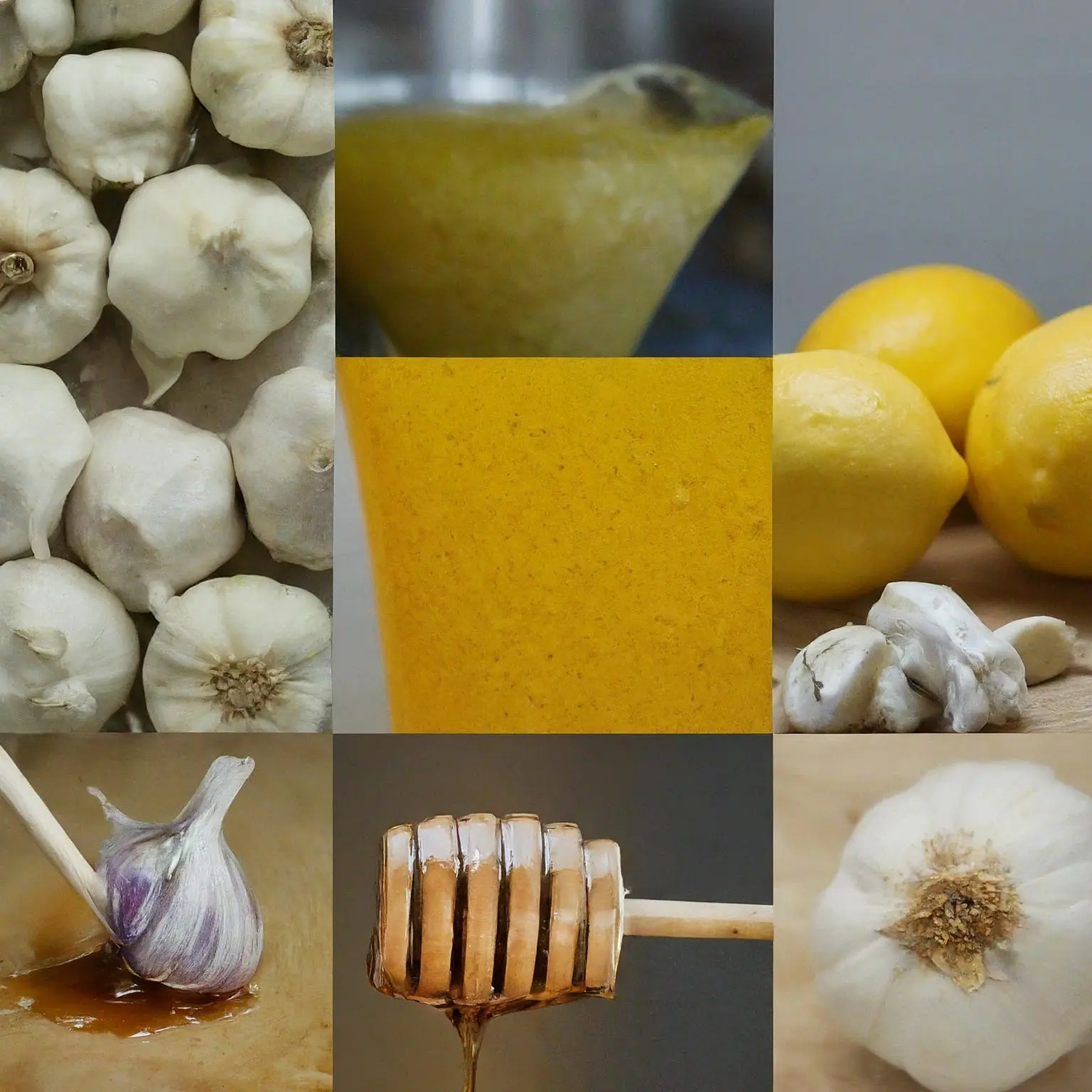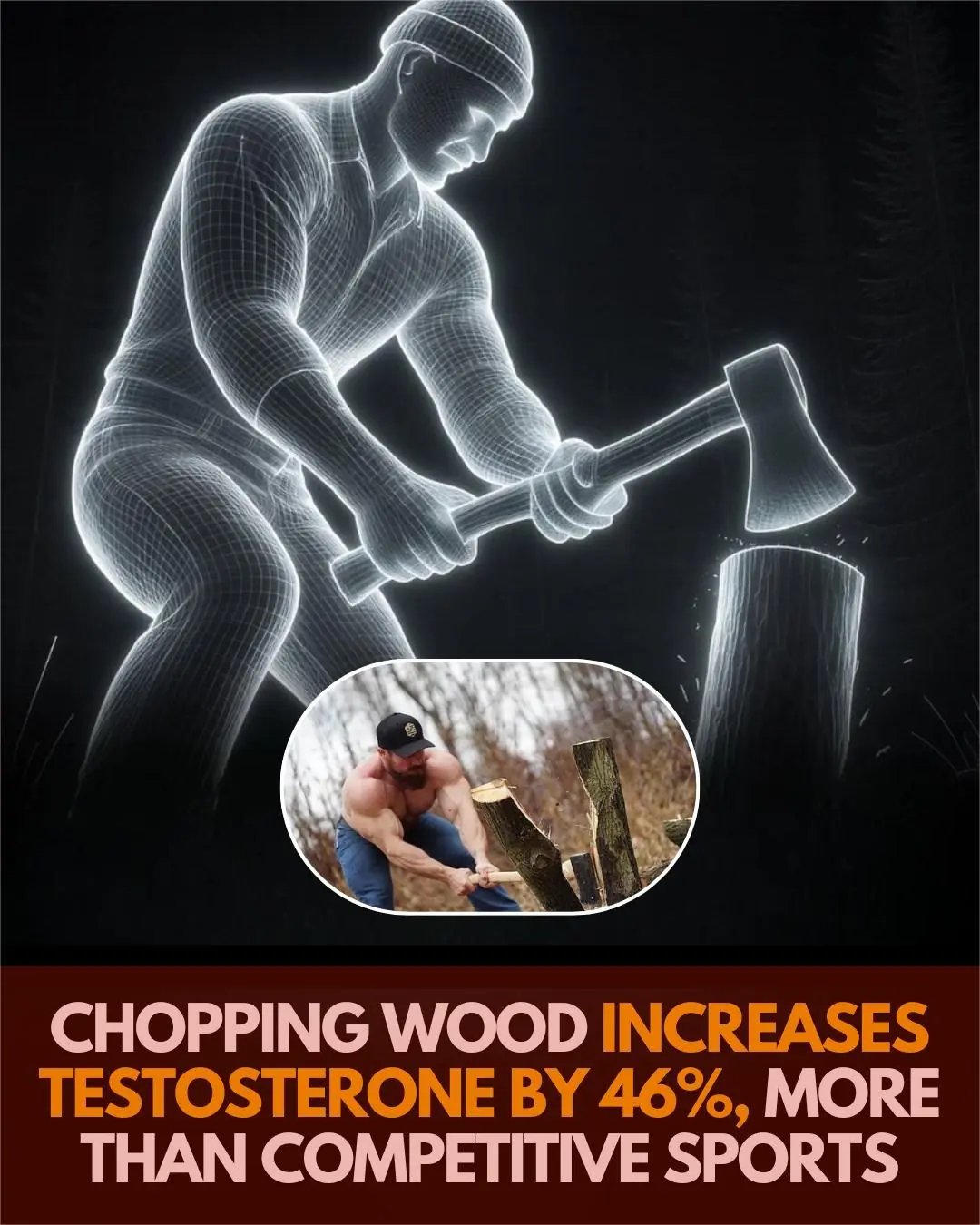
Chopping Wood Boosts Testosterone by 46%, Surpassing Competitive Sports, Study Finds
Santa Barbara, CA – A surprising anthropological study has revealed that chopping wood – a task often associated with survival and daily labor – can trigger a sharper rise in testosterone than competitive sports like soccer.
Field Research Among the Tsimane
Researchers from the University of California, Santa Barbara (UCSB) conducted the study among the Tsimane, an indigenous group living in the Bolivian Amazon. The Tsimane maintain a traditional lifestyle that combines farming, hunting, and foraging, making them ideal subjects for examining how physical activities influence human biology.
To measure hormonal changes, the team collected saliva samples from men before and after they engaged in two activities: one hour of chopping wood and one hour of playing soccer.
-
After chopping wood, testosterone levels spiked by an average of 46.8%.
-
After playing soccer, levels rose by about 30.1%.
The results show that chopping wood, despite being non-competitive, elicits a stronger acute testosterone response than a competitive team sport.
Why Woodcutting Matters
Lead researcher Ben Trumble and his colleagues suggested that the effect is tied to the survival importance of the activity. For the Tsimane, chopping wood provides essential resources such as firewood for cooking and warmth. The body’s elevated testosterone response may reflect the evolutionary need to meet the high physical demands of labor that directly sustains life.
Unlike modern exercise routines, woodcutting combines strength, endurance, and functional movement, making it a natural form of resistance training.
Not a Long-Term Hormone Boost
The researchers caution that these testosterone spikes are short-term effects. They do not mean that chopping wood will permanently raise hormone levels. Rather, the study highlights how different types of physical exertion can trigger varied hormonal responses depending on context, intensity, and purpose.
Broader Implications
The findings challenge the assumption that sports competition is the ultimate driver of testosterone surges. In fact, daily labor with direct survival value may provoke even stronger biological reactions.
“Testosterone is not just about competition or mating displays,” the researchers noted. “It’s also about enabling men to perform critical tasks that support their families and communities.”
This study underscores how traditional labor can provide both functional benefits and unique physiological effects – a reminder that survival-driven effort may carry as much weight as play when it comes to the human body’s hormonal responses.
News in the same category


Chilling messages Charlie Kirk’s alleged killer sent to friends following assassination

Canelo vs Crawford: Terence 'Bud' Crawford makes history with victory over Canelo Alvarez

‘Adolescence’ star, 15, makes history with Emmys win

New details emerge after decomposing body found in Tesla linked to singer D4vd

Bill Gates Trades the Boardroom for the Help Desk: A Day in Customer Support at His Daughter’s Startup

Only a Genius Can Spot the Hidden Error in This Family Picture

Indian Woman Seen ‘Begging’ at Canadian Railway Station While Carrying Prada Bag Sparks Debate

From Breakfast to Batteries: How Eggshell Waste Could Power a Greener Future

India Harnesses Cow Dung for Eco‐Innovation: Paints, Paper & Rural Gains

London Buses Run on Coffee: Turning Waste into Green Energy

British Boxing Legend Ricky Hatton Dies at 46

Germany’s Solar-Powered Sleeping Capsules Offer Refuge for the Homeless During Freezing Nights
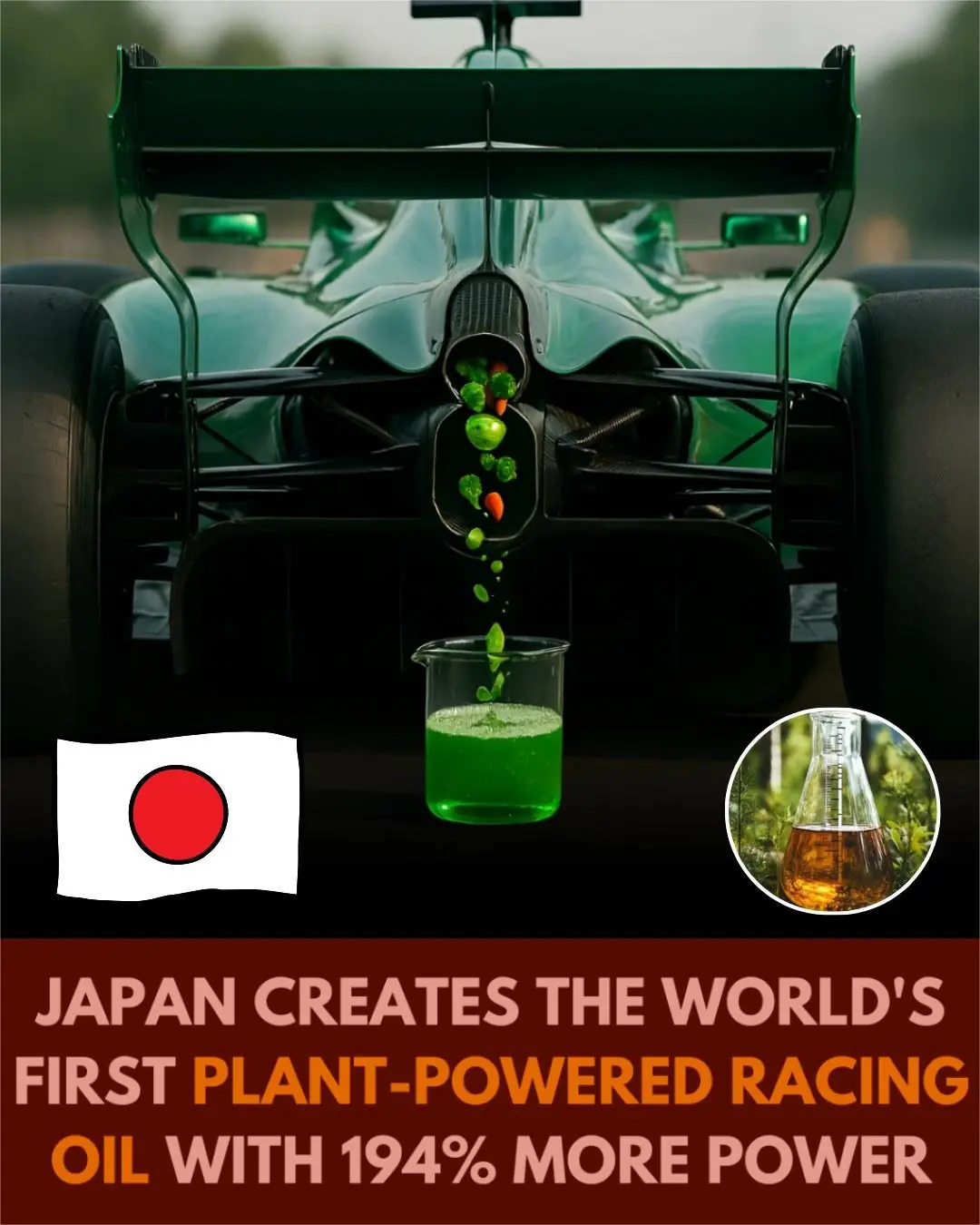
Japan’s New Racing Oil: Plant-Powered and 194% Stronger

Japanese Student Designs Smart Bra That Unlocks Only With Partner’s Fingerprint

Hypersonic Fury: China’s 450,000 RPM Gun Shocks the World!

Los Angeles encampment now a ‘tiny city,’ upset residents say

Man fatally shot after dragging ICE officer with car in Chicago suburbs ID'd: officials
News Post

Save Money with This Onion-Guava Hair Trick
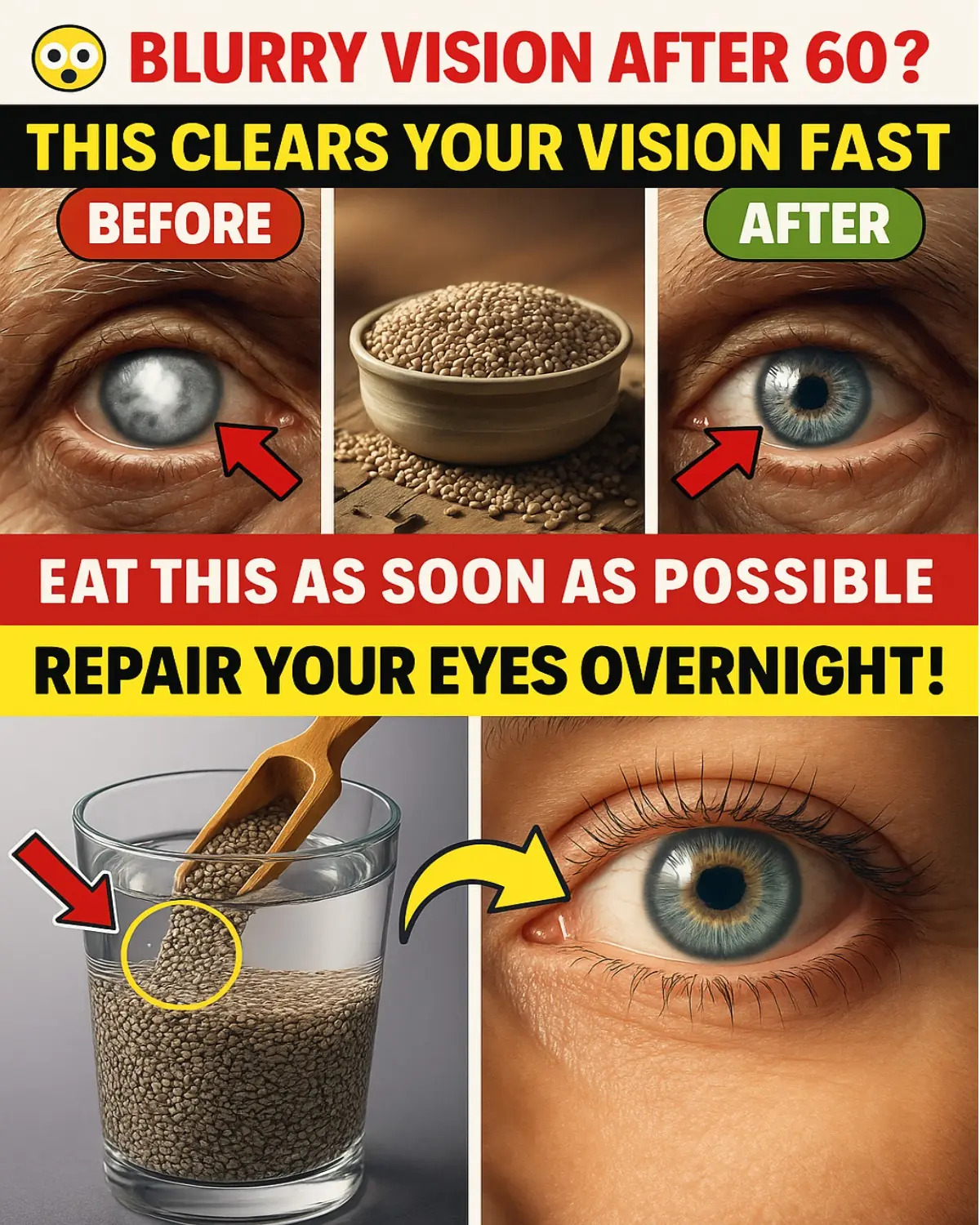
Over 60?: Eat THIS Seed to Protect Your Eyes & Retina Naturally
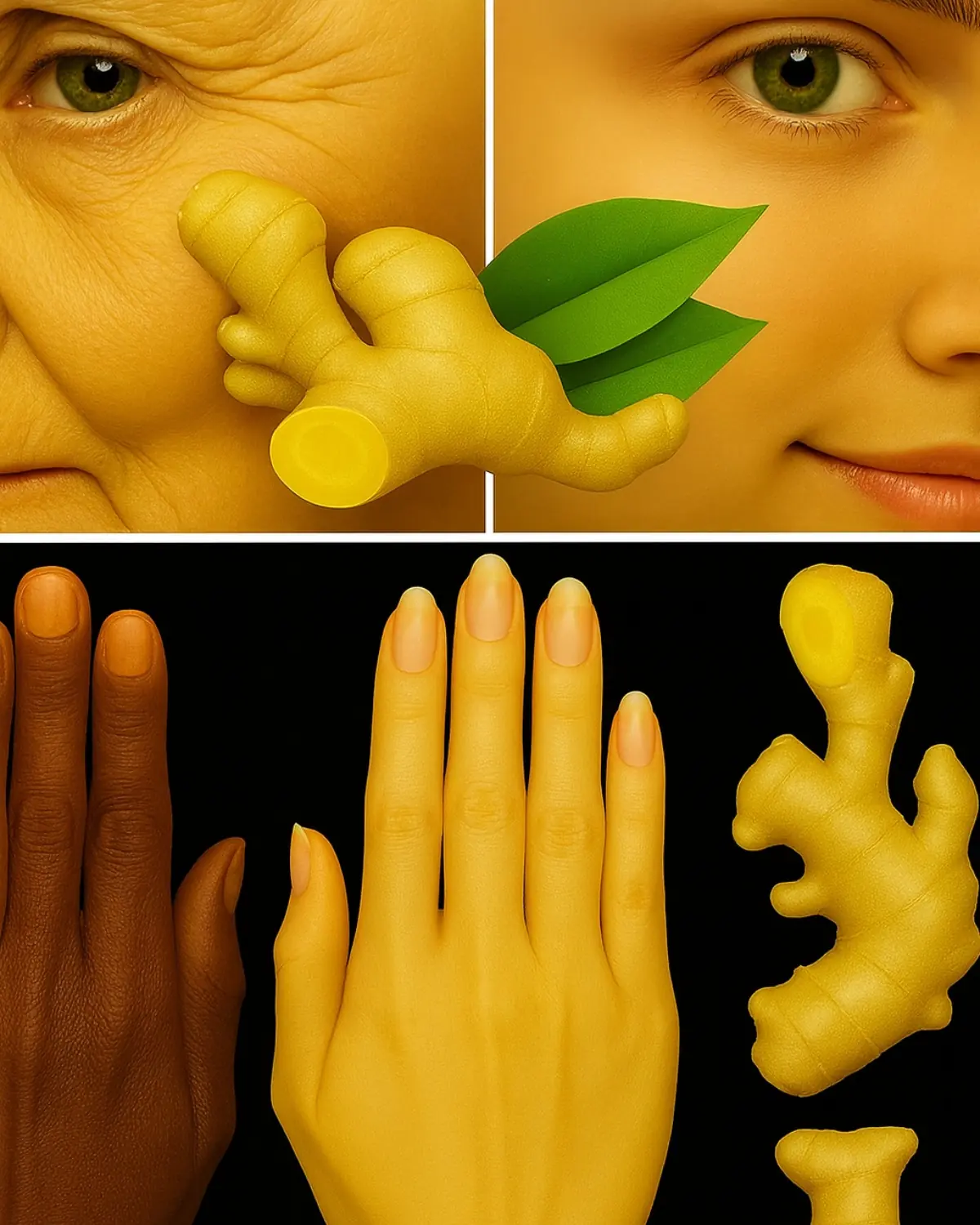
Ginger: Your Skin’s Secret Weapon Against Aging

At 65, I Lost My Vision, But This Drink Brought BETTER VISION Back! I Drink It Once A Day!
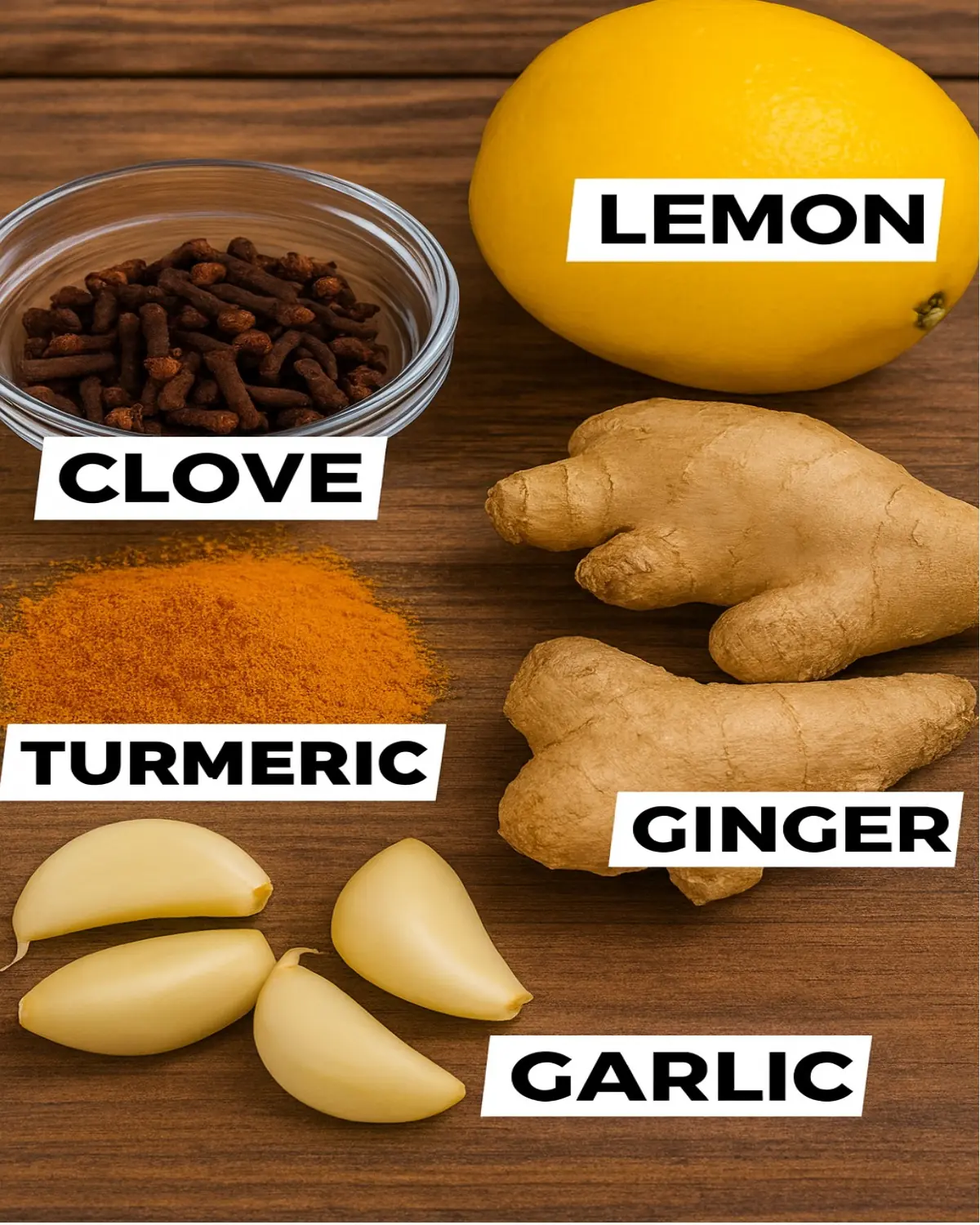
12 Reasons Every Woman Should Drink This Powerful Tea Every Day: A 5-Ingredient Combo to Boost Your Health and Vitality

How to Grow Thicker Eyebrows and Longer Eyelashes Naturally with Garlic and Vitamin E

Heart surgeon shares four daily habits to avoid for better health

Chilling messages Charlie Kirk’s alleged killer sent to friends following assassination

Canelo vs Crawford: Terence 'Bud' Crawford makes history with victory over Canelo Alvarez

‘Adolescence’ star, 15, makes history with Emmys win

New details emerge after decomposing body found in Tesla linked to singer D4vd

Carrot and Banana Juice Recipe | Healthy and Delicious Juice
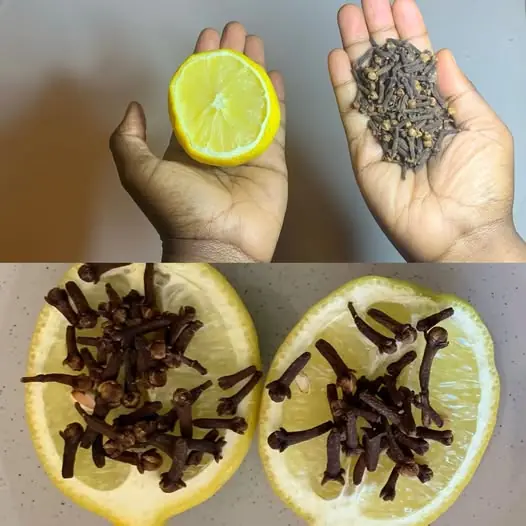
Lemon and Cloves: The Secret Combination You Wish You Knew Sooner

Onion Juice for Hair Growth: The Shocking Secret to Stop Hair Loss Fast!

Wipe Away Age Spots in 20 Minutes with a Potato 💥 (Super Easy) 🤯

This Yeast Mask Makes Wrinkles Disappear Instantly – Try It and You’ll Be Amazed!

Seniors: 1 Cup of Turmeric Milk Before Bed Can Work Wonders 🌙✨

9 Diseases Cured with Guava Leaf Tea (How to Make It)
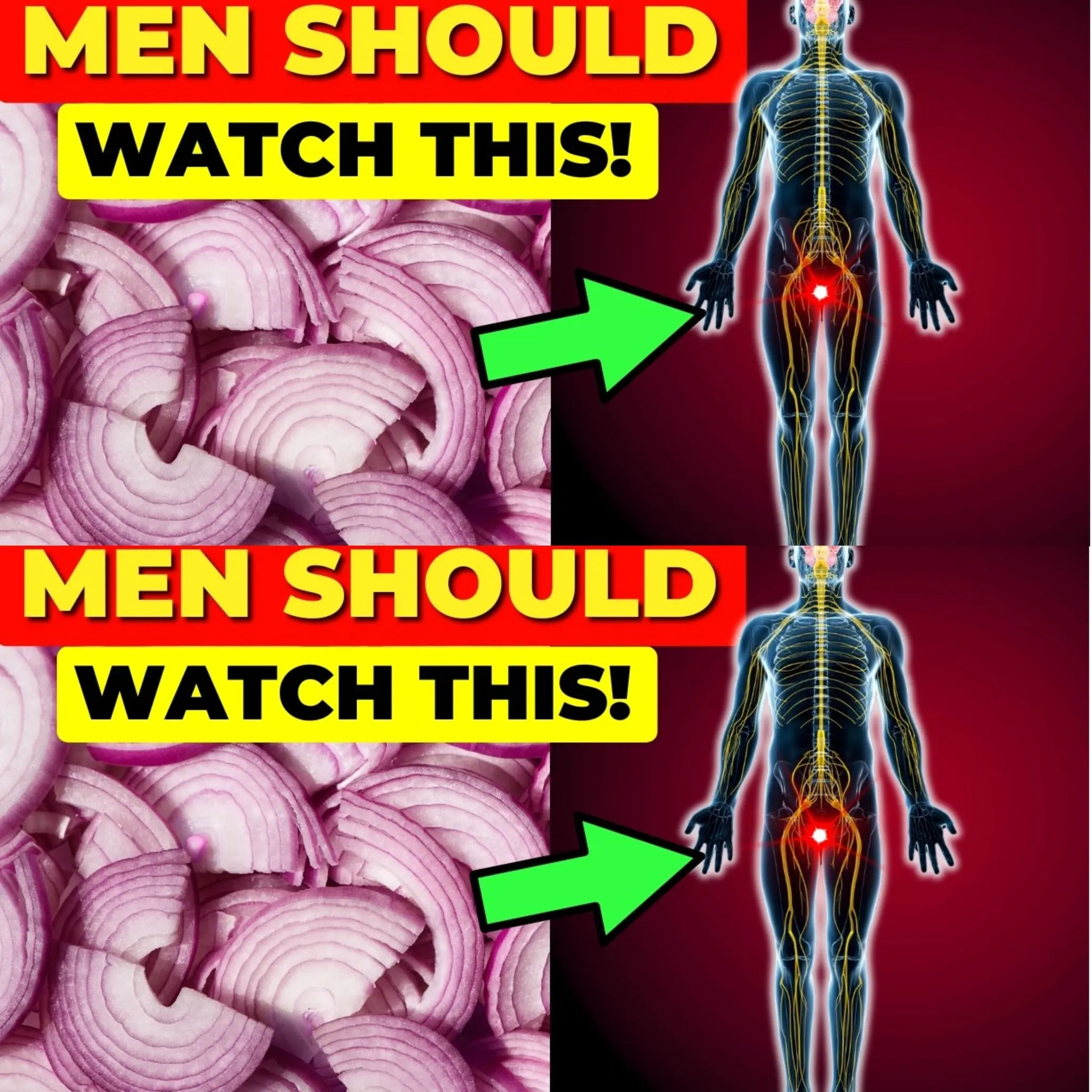
If You Have Eaten Raw Onions, Even One ONION Can Start an IRREVERSIBLE Reaction in Your Body! (For Prostate Health)
